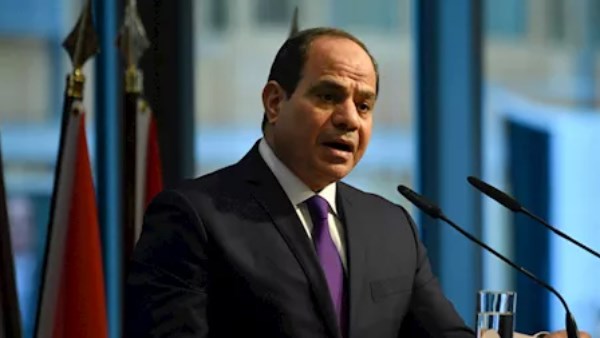
China’s housing downturn has stretched into a fourth year
Evergrande’s $50 billion rise and fall leaves scars on China’s property sector

China Evergrande Group was delisted from the Hong Kong Stock Exchange on Monday — an ignominious exit for the former high-flying developer that once epitomized Beijing’s economic rise and later came to symbolize the country’s property bust.
Following its listing in 2009, Evergrande had become one of China’s hottest stocks, with the company’s market cap peaking at $51 billion in 2017. Trading in the company’s shares had been suspended since January 2024 when it received a liquidation order, with its market value falling to just above $280 million, according to LSEG data.
Evergrande, once China’s largest developer by sales, will now be remembered as the world’s most indebted developer with more than $300 billion in debt and whose default set off a broader years-long crisis that has weighed on the country’s economic growth.
It was one of the earliest developers that faltered after Beijing rolled out its three-red-line policy in 2021. The policy, aimed at reining in aggressive borrowing, triggered a sector-wide liquidity crisis.
Deflating property bubble
Evergrande’s unwinding in the aftermath of its collapse unfolded during a protracted property slump, though analysts expect the drag to ease in the years ahead.
China’s housing downturn has stretched into a fourth year, with prices, sales, investment and construction activity faltering across the board.
New home prices in China fell at the fastest pace in eight months in June, dropping 3.2% year on year before recovering slightly to a 2.8% drop in July, while the decline in real-estate-related investments deepened.
“China’s property bubble peaked in 2021 and has been deflating since,” said Andy Xie, an independent economist based in Shanghai. He pointed out that sales volume of new residential properties has halved over the four years. Prices have also halved in smaller cities and major cities’ suburbs and fallen by as much as 30% in central areas of tier-1 cities, the economist pointed out.
“The adjustment isn’t over. But the economy has absorbed most of the impact already,” Xie added.
“China’s housing market correction remains an ongoing headwind, though we are forecasting less of a drag over the next few years,” said Changchun Hua, chief economist for Greater China at KKR, estimating a smaller dent of 1.5 percentage point on China’s gross domestic product in 2025, compared with 2.5 percentage points in 2022.
That impact will continue to ease to just 0.3 percentage point by 2027, according to Hua’s estimates.
At a high-level policy meeting last week, Chinese Premier Li Qiang emphasized the need for more effective measures to address the property market and stabilize market expectations. China’s property and construction sector accounted for more than a quarter of China’s GDP prior to Beijing’s crackdown on developers’ excessive debt in 2020.
On Monday, the Shanghai government announced a slew of measures to boost home demand, including allowing eligible families to buy an unlimited number of homes in the outer suburbs and calling for lower mortgage rates. That followed similar easing measures from the Beijing municipal government earlier this month that removed purchase restrictions of homes in the outskirts.
Shares of Chinese developers rallied Monday morning on optimism that Beijing will press ahead with more stimulus to support the housing market, according to William Wu, China property analyst at Daiwa Capital Markets.





-1120252475029447.jpg)















